Nestled in South Cambridgeshire lies a Grade II listed cottage with a fascinating secret – a hidden underground tunnel dating back to the era of Henry VIII’s reign. This long and narrow passageway, believed to have been used as an escape route by Catholics and Protestants during times of persecution, adds an intriguing layer to the property’s historical significance.
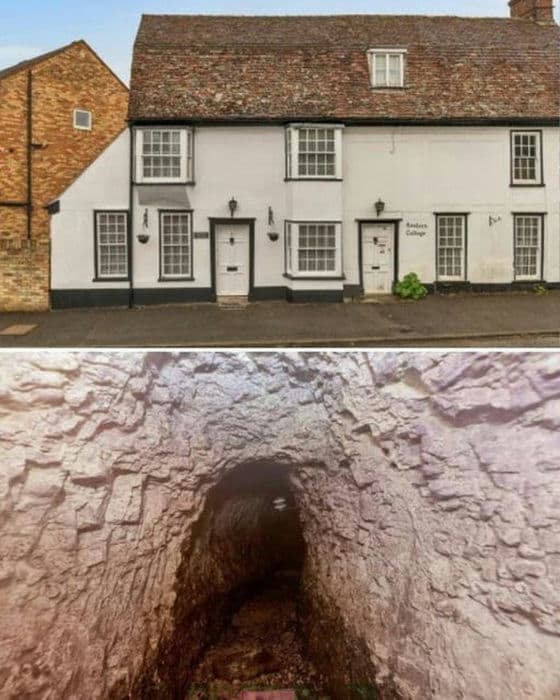
Discovering the Hidden Treasures:
As curious explorers of history, we were drawn to this unique property, eager to uncover its secrets. Here are five remarkable features not to be missed when visiting:
- The Secret Underground Tunnel: Delve beneath the surface to discover the clandestine passageway that winds its way through the village, connecting multiple historic properties.
- The Enigmatic ‘Meeting Room’: Step into the hidden chamber accessed through an old wooden door, where whispers of past gatherings echo amidst the flicker of candlelight.
- The Timeless Charm of the Interior: Immerse yourself in the cottage’s quaint ambiance, adorned with period features and cozy spaces that evoke a sense of bygone eras.
- The Rich Historical Context: Explore the significance of the tunnel within the broader historical narrative of religious persecution during Henry VIII’s reign, shedding light on the struggles faced by Catholics and Protestants alike.
- The Serene Surroundings of Fowlmere: Venture beyond the cottage to discover the idyllic village of Fowlmere, with its verdant village greens, charming playgrounds, and welcoming local pub.
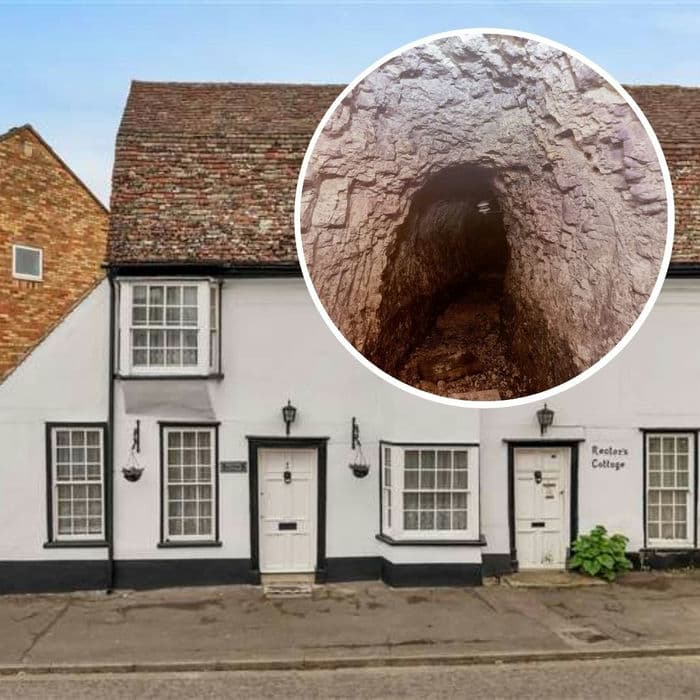
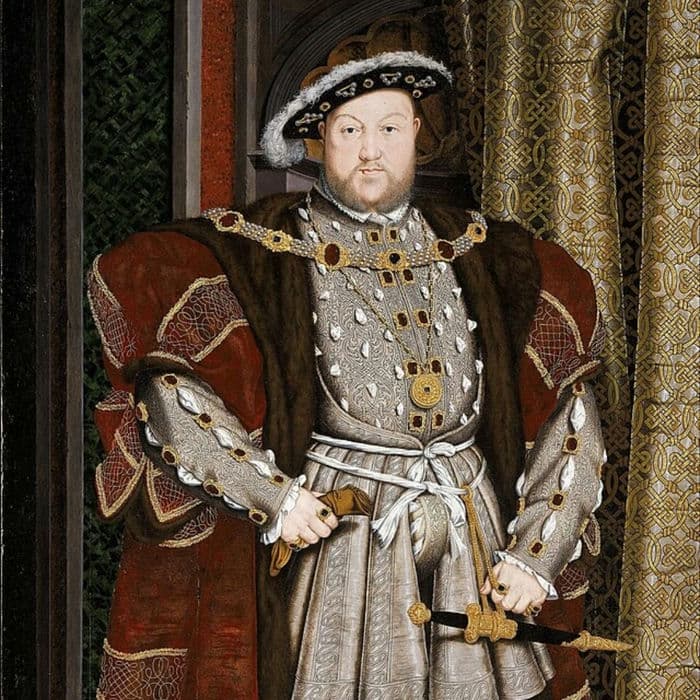
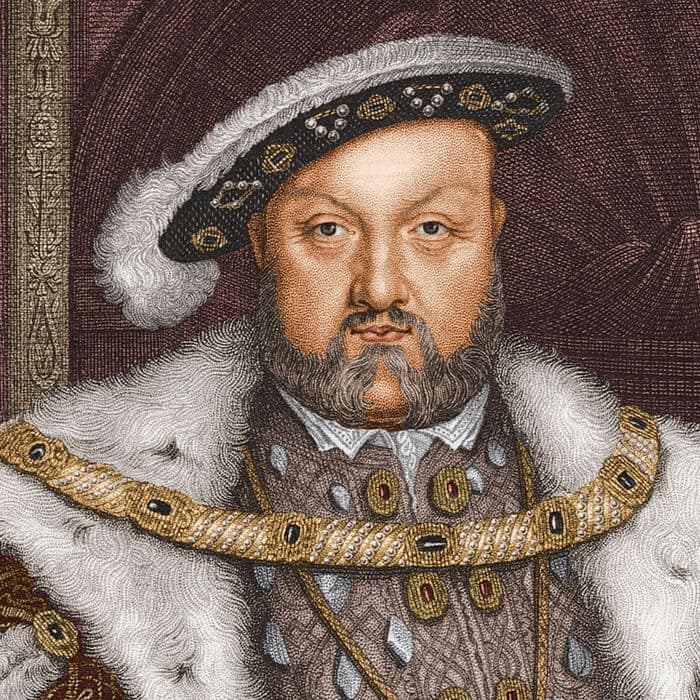
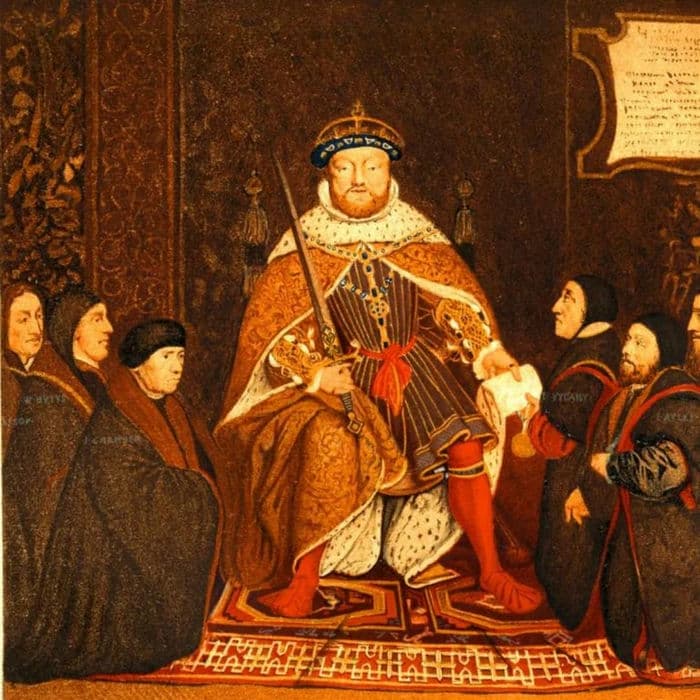
FAQ:
- Why did Catholics and Protestants need an escape route?
Answer: During Henry VIII’s reign, religious persecution was rampant, with Catholics and Protestants facing persecution for their beliefs. The underground tunnel provided a means of escape to evade the authorities and seek refuge in neighboring properties. - Who was Henry VIII, and what was his role in religious persecution?
Answer: Henry VIII, King of England from 1509 to 1547, instigated the English Reformation, separating the Church of England from papal authority. His reign saw the persecution of individuals, both Catholics and Protestants, who opposed his religious policies. - What historical significance does the cottage hold?
Answer: The cottage’s hidden tunnel symbolizes the religious strife of Henry VIII’s era, offering a tangible link to a tumultuous period in English history. Its Grade II listing underscores its architectural and historical importance, preserving its legacy for future generations. - What features make the cottage unique?
Answer: Beyond the tunnel, the cottage boasts a captivating interior with period details, including overhead beams and a wood-burning stove. Its serene garden and proximity to Fowlmere’s village amenities add to its allure. - How can I explore the property further?
Answer: To delve deeper into the history of this remarkable cottage and witness its hidden tunnel firsthand, interested visitors can watch a time-lapse walkthrough video provided by the estate agents. Additionally, exploring Fowlmere and its surroundings offers insights into the cottage’s historical context.

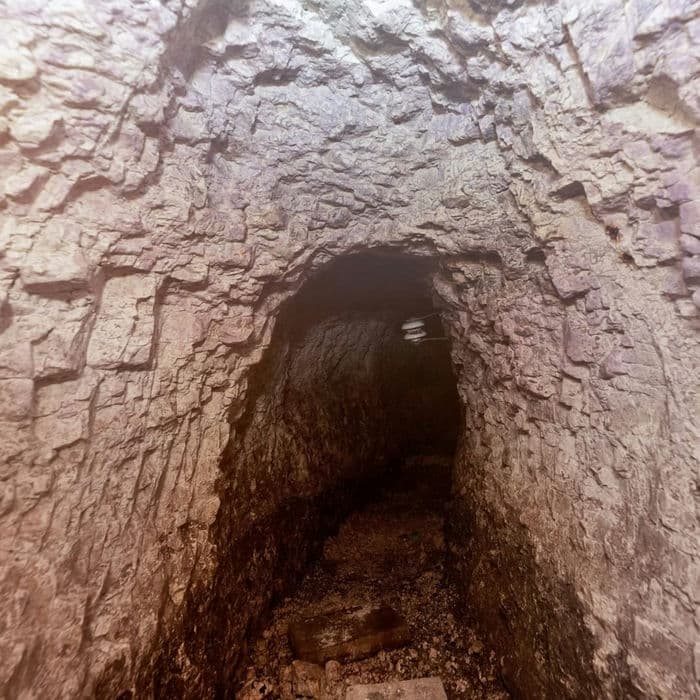
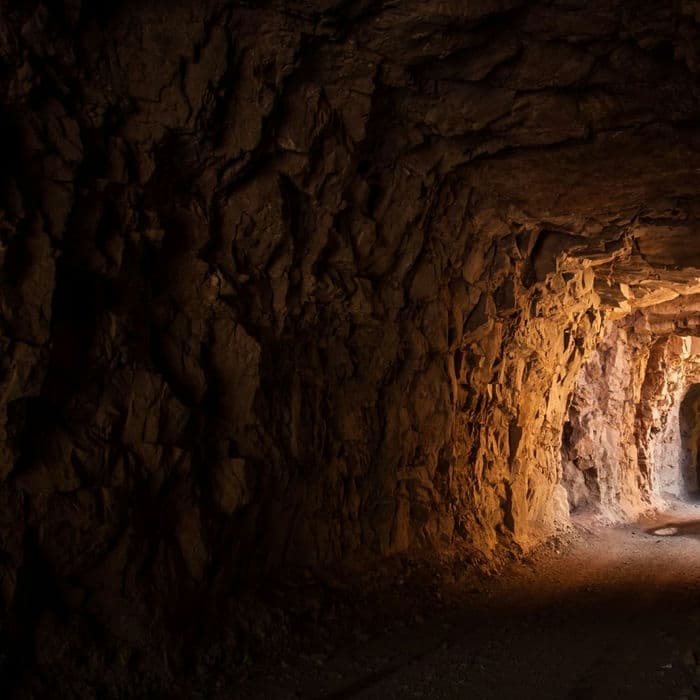
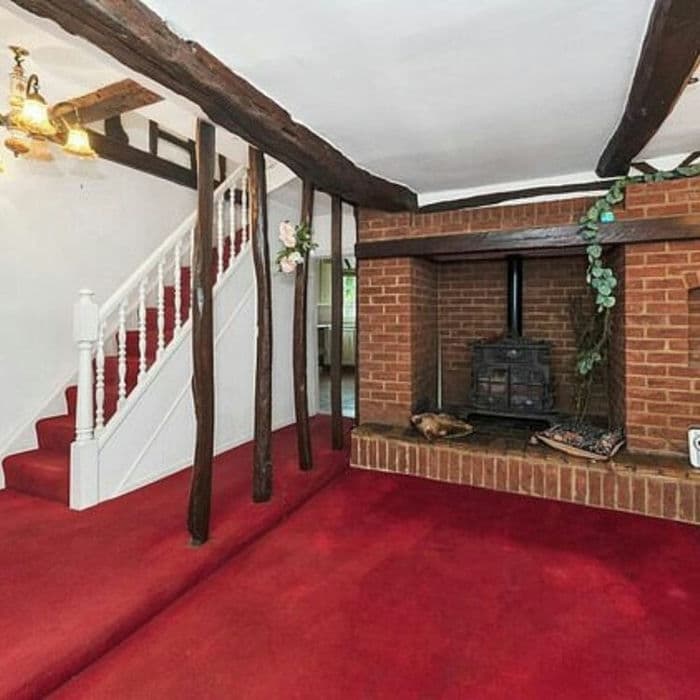
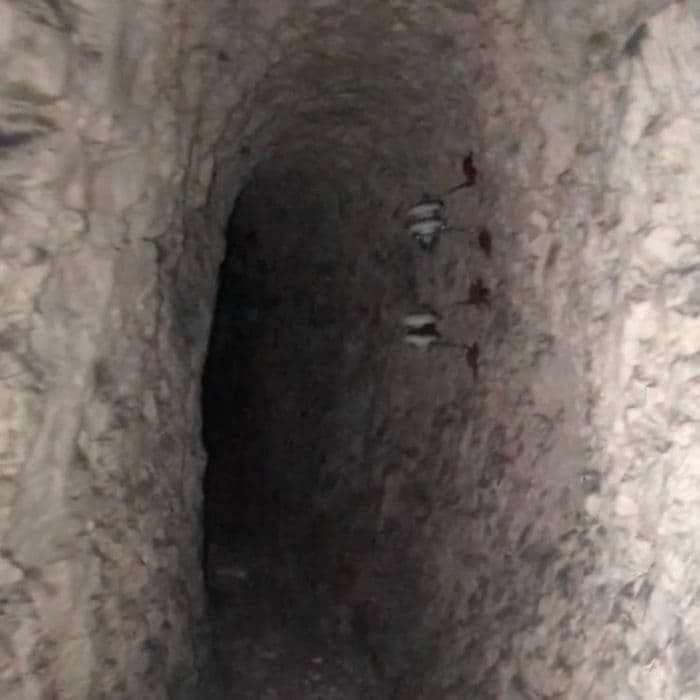
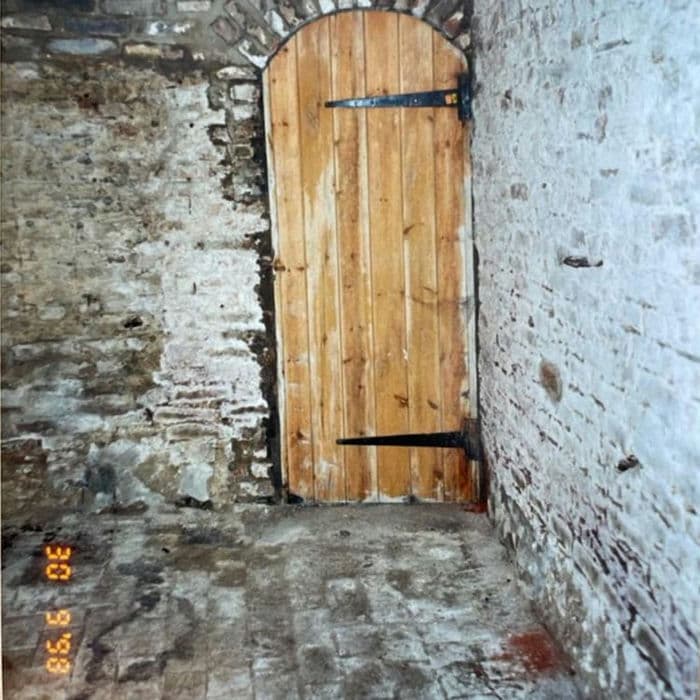
With its clandestine tunnel and rich historical backdrop, the South Cambridgeshire cottage beckons visitors on a journey through time. As we unravel the mysteries of its past, we gain a deeper appreciation for the struggles and triumphs of those who came before us, leaving an indelible mark on this quaint village and its enigmatic cottage.
